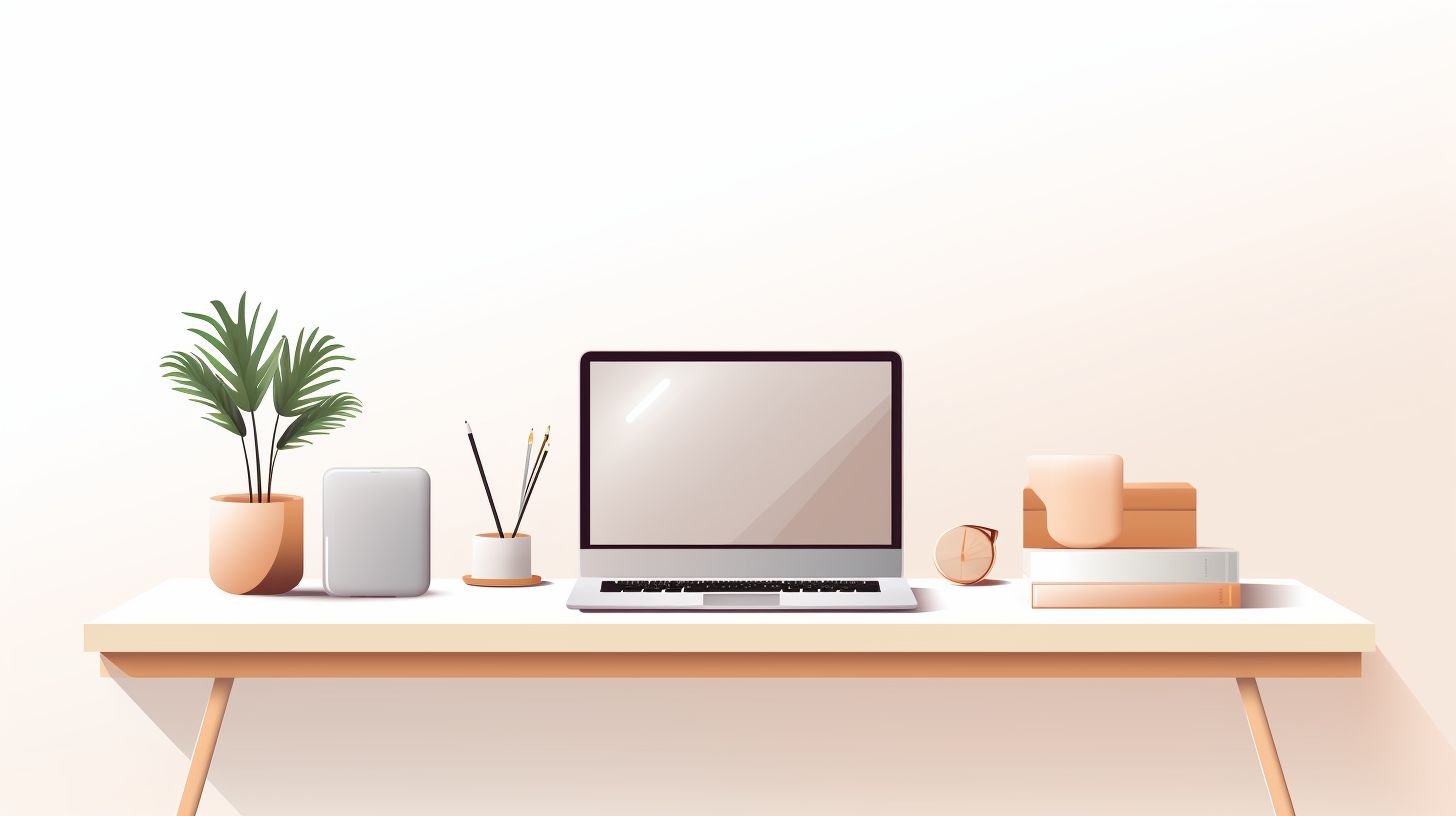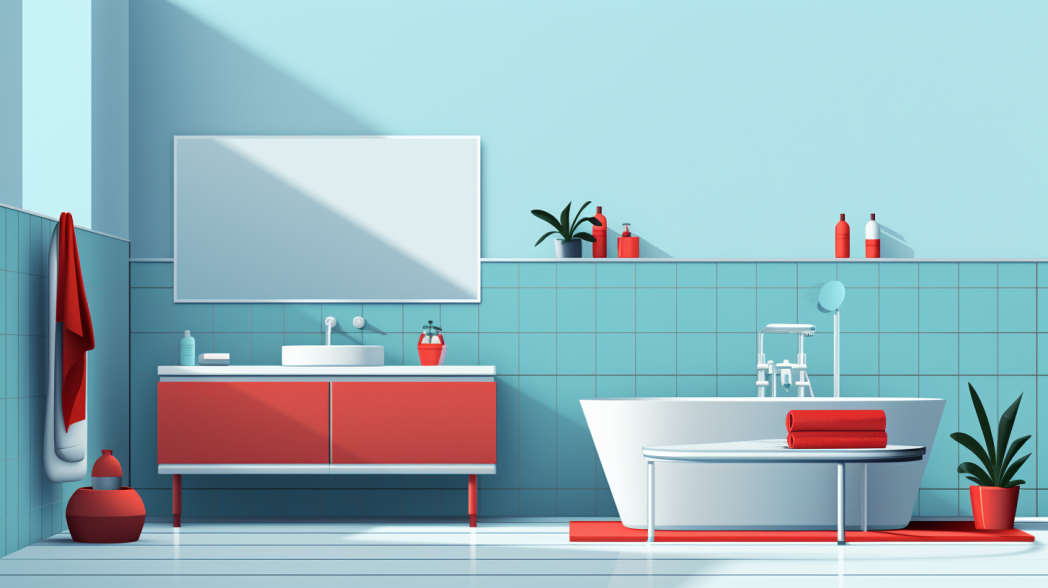Save Money with a Minimalist Lifestyle

Does the sight of your hard-earned money dwindling leave you frustrated? Rest assured, it’s a sentiment shared by many. Research has pointed out that adopting a minimalist lifestyle can significantly trim down our expenses.
This puts us on track to attain our financial goals while also cultivating peace of mind with fewer possessions to worry about. So, are you ready for some change – both in mindset and in your pocket? Let’s take this journey towards simplicity and substantial savings!
Key Takeaways
- Embracing a minimalist lifestyle can help you save money by spending less on unnecessary items and cooking meals at home instead of eating out.
- Selling unwanted possessions can be part of the minimalist way to save money, as it not only declutters your space but also allows you to make some extra cash.
- Living in a smaller space with fewer possessions can reduce living expenses, while simplified budgeting and avoiding high interest loans can further contribute to financial savings.
Understanding Minimalism

Minimalism is a lifestyle choice. It’s about living with less and finding joy in simplicity. We use what we need and love, getting rid of the rest. This mindset helps us live free of clutter, stress, and excess stuff.
Cutting back on purchases is part of minimalism too. I buy things that add clear value to my life—no more needless shopping or impulse buys! Cooking meals at home rather than dining out often becomes a habit as well for many minimalists like me.
But it doesn’t stop there; simplifying one’s life can lead to selling old things that were just collecting dust anyway!
How Minimalism Can Save You Money
 Minimalism can save you money in various ways, including spending less money overall and reducing the need for a larger living space.
Minimalism can save you money in various ways, including spending less money overall and reducing the need for a larger living space.
Spending Less Money
Living the minimalist way helps me spend less money. I only buy what adds real value to my life. No more clutter with things that aren’t needed! Also, cooking meals at home saves a lot of cash.
Eating out often costs much more.
I also stay away from fast fashion trends now. They make me buy more and more clothes each season! Instead, I choose high-quality items that last longer. This way, I’m not always shopping for new stuff and wasting money on low-quality things that won’t last long.
Now, there’s no space in my life for spending that doesn’t bring joy or help me grow. All extra funds are put into my high-yield savings account so they can work hard for me instead of being wasted on worthless junk.
Selling Unwanted Possessions
I clear out stuff I don’t need and sell them. This act is part of the minimalist way to save money. It’s not only about spending less; it’s also about making some extra cash. I go through my old things and find items in good shape but no longer needed.
These could be clothes, gadgets, or furniture. Then, I post them up for sale online on websites like eBay or at a yard sale. In doing this, not only do I declutter my space, but I also make money from the sales!
Reducing the Need for Space
I live in a small space now. I don’t need much room because I have fewer things. With less stuff, my place feels calm and ordered. Small spaces cost less money too. By selling items I didn’t use, I made some cash and cleared out room.
This has helped me save money and live easier with minimalism.
Simplified Budgeting
Managing your budget doesn’t have to be complicated. Minimalism can simplify your financial life and make budgeting easier. By cutting back on unnecessary spending and focusing on what truly adds value to your life, you’ll have fewer expenses to track and manage.
With fewer possessions, you’ll also have a clearer picture of your financial situation and be able to allocate your funds more efficiently. Embracing minimalism can lead to a simplified budgeting process that allows you to save more money and achieve your financial goals faster.
Avoiding High Interest
To avoid high interest, I make sure to pay off my credit card balance in full each month. This way, I don’t have to worry about accumulating debt or paying unnecessary fees. I also try to save up and buy things with cash instead of using credit cards whenever possible.
By doing this, I can avoid getting caught in the cycle of paying interest on purchases over time. Being mindful of high-interest loans and credit options helps me maintain control over my finances and keeps more money in my pocket for things that truly matter to me.
Tips for Embracing a Minimalist Lifestyle

When embracing a minimalist lifestyle, it’s important to focus on shopping for quality over quantity, digitizing movies and books to reduce physical clutter, eliminating unnecessary items from your home, investing in reusable products to minimize waste, and giving everything a designated place to maintain organization.
Shopping for Quality Over Quantity
When it comes to embracing a minimalist lifestyle, one important aspect is shopping for quality over quantity. Instead of purchasing many cheap items that may not last long or bring true joy, minimalists choose to invest in high-quality products that are versatile and built to last.
By opting for well-made items, minimalists can save money in the long run by avoiding frequent replacements and repairs. This approach also helps them avoid impulse buys and focus on only purchasing things that truly add value to their lives.
Shopping for quality over quantity allows minimalists to prioritize their spending on what matters most to them, whether it’s experiences, savings goals, or simply enjoying fewer possessions without the burden of excessive clutter.
Digitizing Movies and Books
Digitizing movies and books can help me save money and create a minimalist living environment.
Eliminating Unnecessary Items
I believe in eliminating unnecessary items from my life. It helps me save money and live a simpler, more intentional lifestyle. Here are some tips for decluttering and getting rid of what you don’t need:
- Start small: Begin by focusing on one area of your home or one category of items at a time. This could be your closet, kitchen cabinets, or bookshelf.
- Sort and categorize: Take everything out and sort them into categories like keep, donate, sell, or toss. Be honest with yourself about what you truly need and use regularly.
- Consider value and purpose: When deciding whether to keep something, ask yourself if it adds value to your life or serves a specific purpose. If not, consider letting go.
- Donate or sell: Items that are in good condition but no longer needed can be donated to charity or sold online or at a garage sale. This way, you can make some extra money while decluttering.
- Create an organized system: Once you’ve eliminated unnecessary items, create an organized system for the things you choose to keep. Use storage bins, organizers, and labels to help maintain order.
- Practice mindful purchasing: Moving forward, be mindful of what you bring into your home. Before making a purchase, ask yourself if it aligns with your values and if it truly adds value to your life.
Investing in Reusable Products
Investing in reusable products is a smart move for anyone embracing a minimalist lifestyle. By using items like reusable water bottles, storage bins, and organizers, you can reduce your waste and save money in the long run.
Instead of constantly buying single-use plastic bottles or disposable containers, investing in durable and eco-friendly alternatives will help you cut down on unnecessary expenses.
Additionally, by choosing high-quality reusable products, you won’t have to keep repurchasing them frequently, leading to significant savings over time. So not only are you reducing your environmental impact, but you’re also being financially savvy by investing in items that will last longer and save you money in the process.
Giving Everything a Place
Having a designated place for everything in your home is an essential aspect of embracing a minimalist lifestyle. When you give everything a specific spot, it not only helps to keep your space organized and clutter-free but also makes it easier to find things when you need them.
Additionally, by assigning a place for each item, you are less likely to misplace or lose things, saving you time and money. This practice also encourages mindful consumption since you become more aware of what you already have and avoid purchasing unnecessary duplicates.
By incorporating this simple habit into your daily life, you can experience the benefits of minimalism while saving money and reducing stress.
The Positive Impact of Minimalism on Financial Goals

Practicing minimalism can have a positive impact on your financial goals. By embracing a minimalist lifestyle, you can simplify your finances and make smarter spending choices. Minimalism encourages you to appreciate what you already have and eliminate unnecessary items from your life.
This means you’ll spend less money on things that don’t bring value or joy. With a reduced cost of living, you can free up funds to invest in experiences or save for long-term goals like retirement or college education for your children.
Minimalism also helps increase spending clarity by distinguishing between needs and wants, preventing impulse spending and debt. By aligning your financial habits with the principles of minimalism, you’ll be better able to achieve your financial goals and live a more intentional life centered around what truly matters to you.
The Freedom and Happiness Derived from Minimalism

Practicing minimalism can bring a sense of freedom and happiness to our lives. When we let go of the need for excessive possessions and focus on what truly matters, we find that we have more time, energy, and resources to devote to activities that bring us joy.
By decluttering our physical space, we create a calm environment that promotes relaxation and mindfulness. This allows us to fully appreciate the relationships, goals, and hobbies that are most important to us.
Additionally, minimalism helps us break free from the constant pursuit of material wealth and instead find contentment in what we already have. As a result, we experience greater satisfaction with life and feel more connected to ourselves and others.
What are Some DIY Projects That Can Help Embrace a Minimalist Lifestyle and Save Money?
If you’re looking to embrace a minimalist lifestyle while saving money, money-saving diy projects can be a great start. Repurposing old furniture, creating your own cleaning products, or upcycling clothes are some affordable ways to embark on this journey. These projects not only add a personal touch to your space but also contribute to a more sustainable lifestyle.
Conclusion

In conclusion, embracing a minimalist lifestyle can have a significant impact on your finances. By spending less money, selling unwanted possessions, and simplifying your budgeting, you can save money and achieve your financial goals.
Additionally, the freedom and happiness that come with minimalism are invaluable. So start decluttering and making intentional choices to live a simpler life while saving money along the way!






